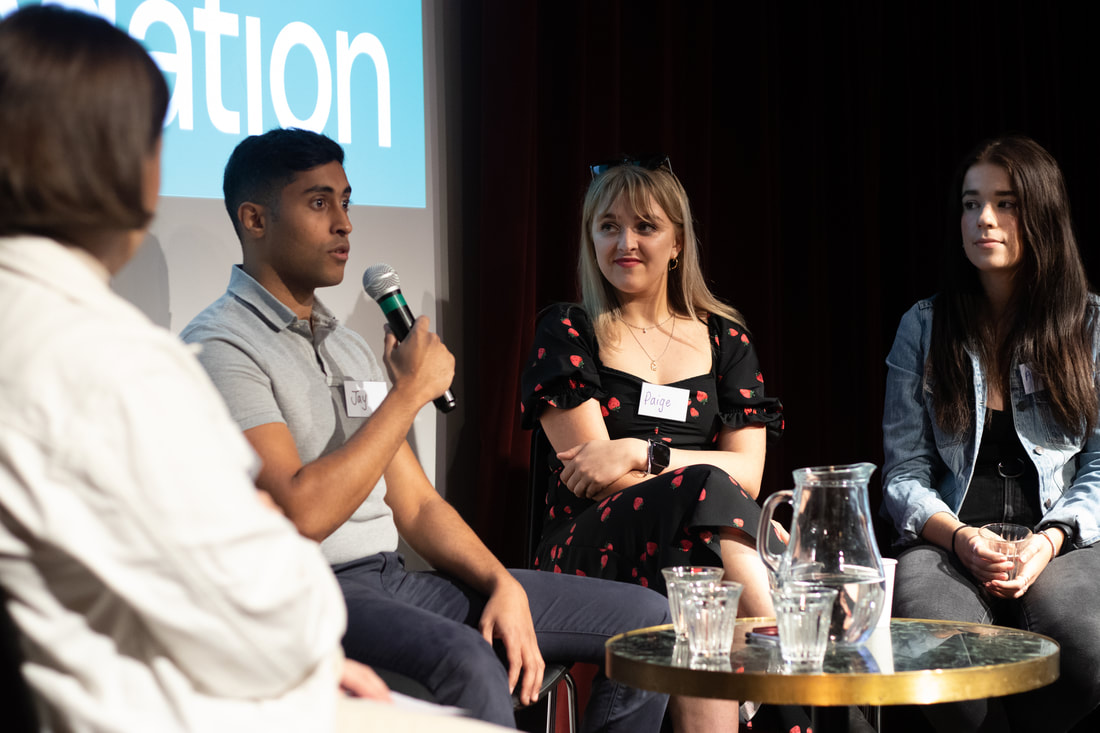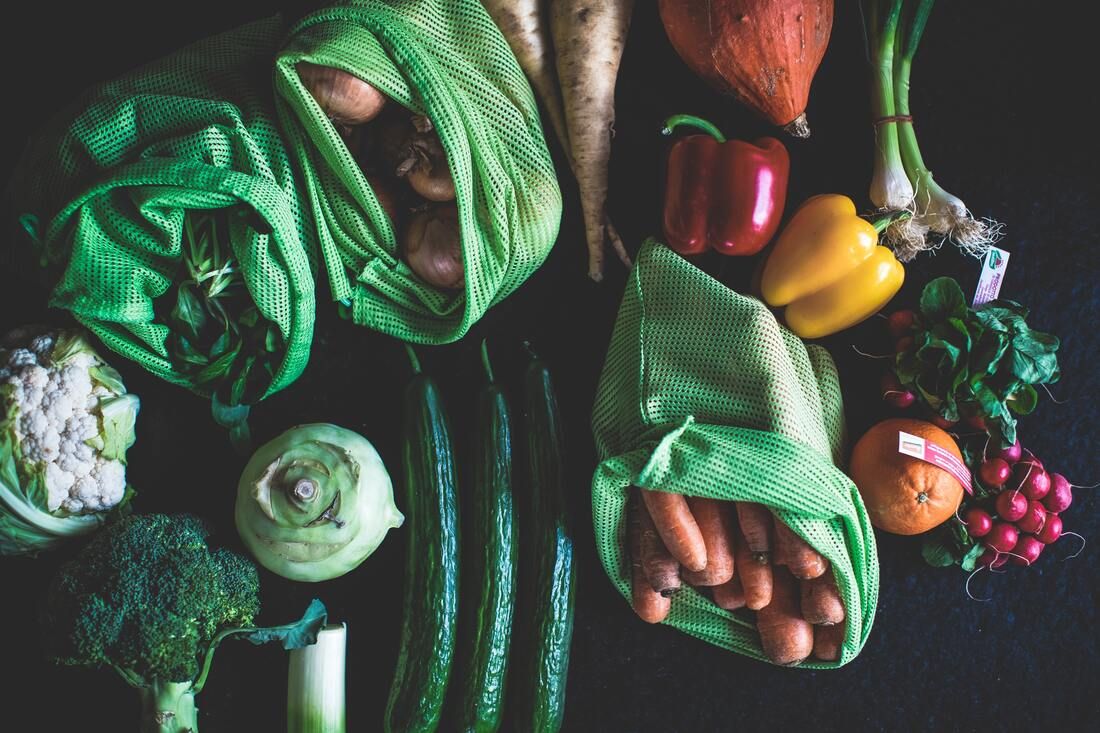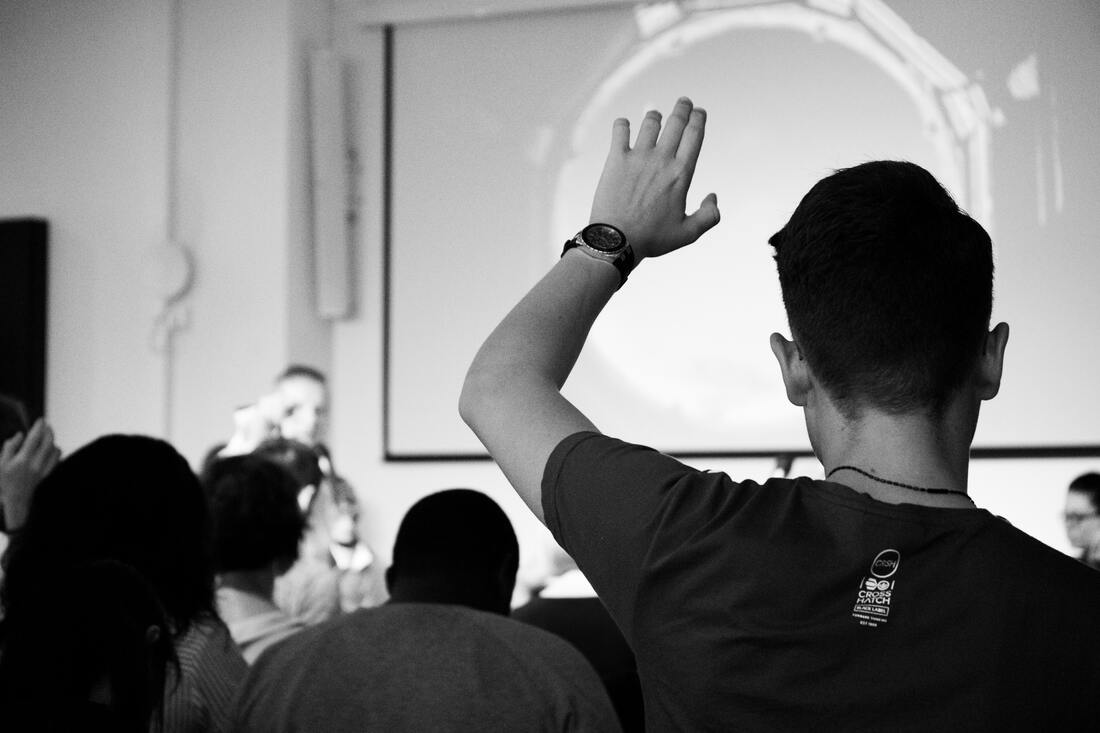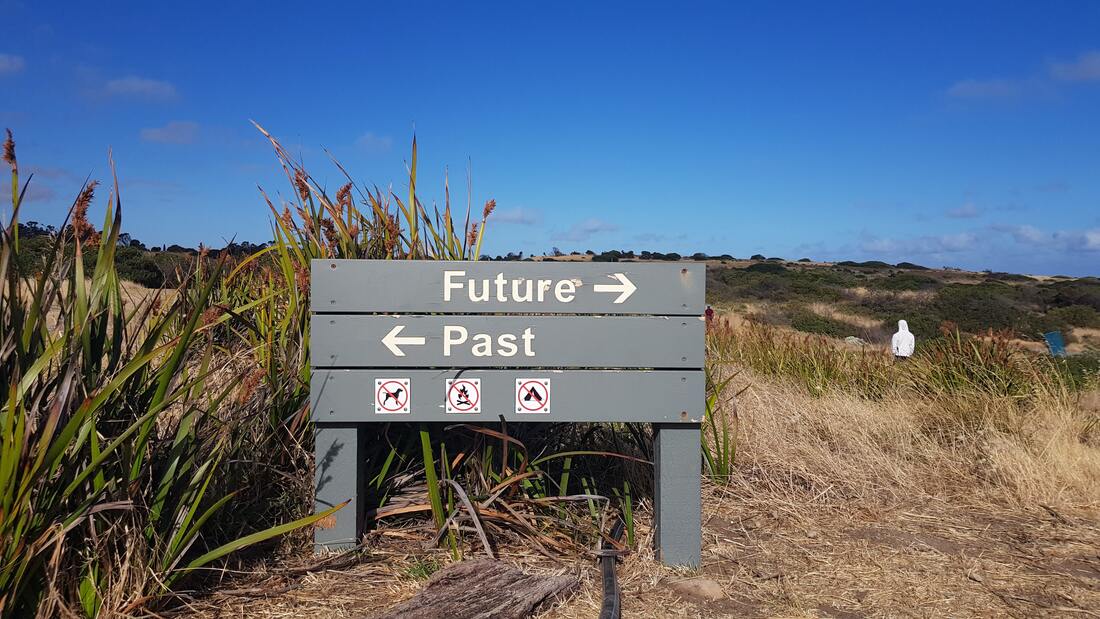|
Transitioning to higher education entails facing academic, social, and personal challenges. Mr Sarwar Khawaja of the Oxford Business College, talks us through why building a strong support system, including college networks, is essential for success.
0 Comments
Our guest blogger, Phil Ditchfield, knew his passions - but how to find the right Uni course to suit?
It’s a new year, and you might have exciting new plans – perhaps you’re going to follow Tiffany’s advice and start a ‘passion project’ - but if you are hoping to go to Uni, perhaps you need to finish off your UCAS application, or maybe, you need to start it.
It’s only been two years since I started university in Scotland, and now I am preparing for my year abroad in Europe. Before my travels, I go back to the bonnie land of the brave on a flixbus to visit friends from my familiar town. Anticipating those I will be meeting in the coming year, I dwell on the significance of these connections to enjoying time away from home.
When you’re getting ready to pack up and move to university, insurance is probably the last thing on your mind. Some students may not even understand what student insurance is and why they may benefit from cover. We’re going to look into what it is and some tips for getting the right policy for your needs.
It’s typically presumed that as soon as students have graduated and left their university life behind, they’re filled with excitement about what the ‘real world’ has in store for them. Yet, this isn’t the case for everyone. In fact, some new graduates find it extremely difficult to contemplate their life without the structured education they have always known and are anxious about what comes next.
Hello, we’re the Unite Foundation and we offer a University Scholarship, specifically for care leavers/care experienced people (if you go to university in Scotland) or young people estranged from their family. We’ve included some definitions at the bottom of this blog to help explain what we mean!
My exams are over now, and the freedom of summer is slowly sinking in. It’s time to watch movies of flowery frocked teens munching strawberries in fields on the outskirts of civilisation, wild water dipping and tossing shades to the wild grass. These images of summer trickle in and begin to replace the world of word counts and wooden lecture theatres. But what is this concept framed by a vignette of endlessly sunny days, and what’s it doing to how we live our summer?
When moving to university, you are likely to experience a lot of exciting firsts; your first freshers night, first lecture, first housemates and first accommodation away from home.
Later this week, I’ll be taking my SATs and I don’t mean the kind we take in year 6 here in the UK; what I’m actually referring to is the 2 hour paper (which is now digitalised for international students) that aids your application to universities in America. I’m well aware that I’m not the only one interested in studying abroad and so this blog should provide an overview into the application process, which could help you to decide if studying outside of the UK is for you.
What are the UCU strikes, and why are some classes cancelled? Although a week's worth of lectures vanishing from thin air may quite possibly be the worst thing a student could possibly experience, I’ll briefly cover why the disruption is so important for UCU’s aims.
Are you just months away from graduating and haven’t yet secured a graduate job? You aren’t alone. In fact, around 40% of students don’t even have a set career plan when they graduate.
Moving into new student accommodation is an exciting time, but it also comes with a crash course in financial management. Although not as exciting as sourcing a new duvet cover or breakfast bowl set, dealing with bills is an unavoidable part of day-to-day life. But while it may feel a little overwhelming to get your head around them, providing you keep on top of payments and stay communicative with your suppliers, it’s normally straightforward.
I think rephrasing time management to time prioritisation is much more helpful. Whether you’re in your first year at uni, or doing it all again for the second time round, October is the month to be swept away by all sorts. Torn between choosing pints and pub quizzes or knocking out your essay word count? I’ll be going over some simple steps which should (hopefully) make life at uni a little easier to manage.
If you’re a university student, you’re probably stressed about the rising cost of living. Even before the pandemic, 84% of students reported that they were worried about finances and that these worries had a detrimental effect on their mental health.
Inflation continues to rise, but resources to support student mental health haven’t yet caught up. Only 23% of students are happy with the mental health support services their university offers, and one in five students is diagnosed with some form of anxiety mid-way through their course. It’s easy to feel overwhelmed by financial factors out of your control. However, gaining financial literacy and exploring all the options available to you can lighten the burden and help you manage financial stress during your student years. Whether you’re starting your journey moving into halls or doing it all again this year, loneliness creeps up on us all. I'm going into second year and although I'm certainly not in the same position as last year (familiarity with faces, places, friends and spaces) it can sometimes feel like a full circle.
Building a steadfast credit history throughout your student years can lead to greater financial freedom in the years to come. A longer credit history positively impacts your credit score. So let's dive right into it: What is credit score and why is it important?
Ah...food, meal prep and weekly shops - where would we be without it? Richer, probably. With more time on our hands. But alas, a regular excursion to Aldi and bulk making of pasta bake is pretty necessary for student survival. We can’t go without food, however time consuming and expensive it may be. Let’s take a look at managing the food side of student life, and how it coincides with tackling food waste.
The personal statement is a symbol of that nerve-wracking transitory period between school and university, amongst opening your student bank account, visiting open days, and the tingling anticipation of Fresher’s Week on the horizon. Written by every sixth form student as a precedent to CV writing, it urges them to express their interest in their course, the institution, and what exactly they have to offer themselves.
As exams across universities start to clog your calendar, it can be hard to think about what comes next. If, like me, you procrastinate by thinking ahead, past this chunk of deadlines that seem to be wreaking havoc to your onedrive, you might get a little shock. No matter how much you might moan and groan for these exams to be over, they almost always mean one thing: the end of the academic year.
Apparently we’ve done the hard bit. We’ve jumped right into the deep end of making friends, learning online and in-person, scraping by on our student loans to learn how to survive. But, after packing up the Christmas tree and boxing away the Rudolph decorations after a relaxing few weeks at home, returning back to university may not seem all too pleasing.
Let’s be real, the end of semester one will probably go out not with a bang, but with exams. If you’re reading this as a student in first year, you may be a little confused with what university exams actually are. All you’ve known are the AQA A-Level papers sent straight from hell. So, if the last exams were your A-levels or BETCs sat six months ago (assuming your school even did these), it’s probably been a while since any of us have sat down to do actual exams.
Work smarter, not harder, is a favourite mantra of mine. Although this article focuses on studying, it can be applied to every aspect of life.
The inspiration for this topic came to me a few months ago, as I sorted through a box of old paperwork in my room. I came across a sheet of paper from my A-levels, listing the hours of revision I had done each day. I stared down the columns of 5s, 6s, and 7s, and was struck by the vivid recollection of just how bad my revision had been. “Our choices and responses are our only responsibility. Choice is the discipline that makes the garden of our lives bloom.” - Stephen Hanselman
The idea of jobs can be depressing, especially with news about the rising age of retirement – the idea that we have to spend the next fifty years (and the prime of our lives) working for other people. Unfortunately, unless you win the lottery - and any Push fans will know how likely that is to happen, we’ve got to work. |
This section will not be visible in live published website. Below are your current settings: Current Number Of Columns are = 1 Expand Posts Area = Gap/Space Between Posts = 15px Blog Post Style = card Use of custom card colors instead of default colors = Blog Post Card Background Color = current color Blog Post Card Shadow Color = current color Blog Post Card Border Color = current color Publish the website and visit your blog page to see the results Categories
All
We're always interested to hear from talented young writers, so if you'd like to feature as a guest author then hit us up for more details.
|
Student blog: What's new?
Author
Write something about yourself. No need to be fancy, just an overview.
This website uses marketing and tracking technologies. Opting out of this will opt you out of all cookies, except for those needed to run the website. Note that some products may not work as well without tracking cookies.
Opt Out of Cookies






















 RSS Feed
RSS Feed